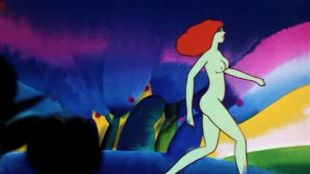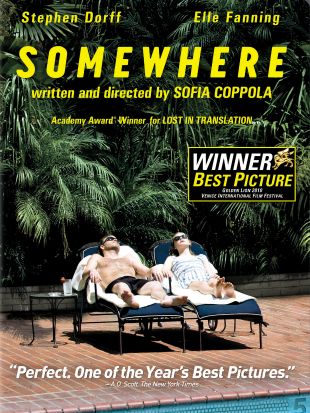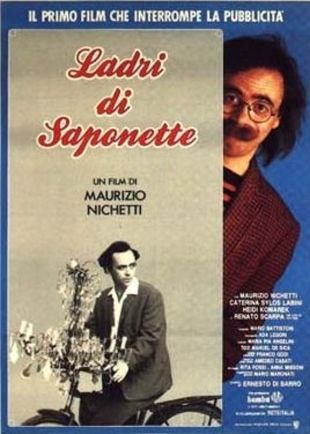Popular Italian funnyman Maurizio Nichetti has explored the different faces of comedy from the perspective of director, screenwriter, producer, and actor on stage, screen, and television. A native of Milan, Nichetti was educated at the prestigious Leonardo Da Vinci Scientific School. In 1975, he received a diploma in architecture from a polytechnical institute. While in school, he studied mime at Milan's Piccolo Theatre under Maurise Flauch. In 1971, Nichetti went to work with Bruno Bozetto's animation studio as a cartoon scriptwriter.
In those early years, Nichetti learned filmmaking by creating advertisements and industrial shorts. As a scriptwriter, he penned three feature-length Signor Rossi animations. Nichetti made his acting debut in Bozetti's Allegro Non Troppa (1976). He also co-wrote the script. While the film was in production, Nichetti founded Quellidigrock, a mime school that later became a theatrical company. He directed a short comedy in 1978 and then left Bozetto's studio to direct and star in his first feature-length film, Ratataplan (1979). A commercial hit, the comedy was well-received at the Venice Film Festival.
Nichetti moved into television in 1983 with Prima di Ratataplan, a retrospective of his work before the film. The following year, Nichetti wrote, directed, and starred in the miniseries Quo Vadiz. He hosted a live television show, Pista!, between 1986 and 1987.
After directing a short, innovative film homage to Georges Melies utilizing a special electronic technique, Nichetti returned to directing feature-length films with what has become one of his most internationally recognized works, Ladri di Sapponette (The Icicle Thief), a sophisticated lampoon/homage of Vittorio DeSica's seminal neorealist Ladri di Biciclette (The Bicycle Thief) (1989). The winner of the grand prize at the Moscow Film Festival, it was also a satire on advertising. Nichetti returned to his love of short animated films in 1991 with the 36-episode Fantasy Party, which showed little art films from around the world. He directed his most famous film, Volere Volare, in 1991 and for it won several international awards, including the David di Donatello award (the Italian Oscar).


